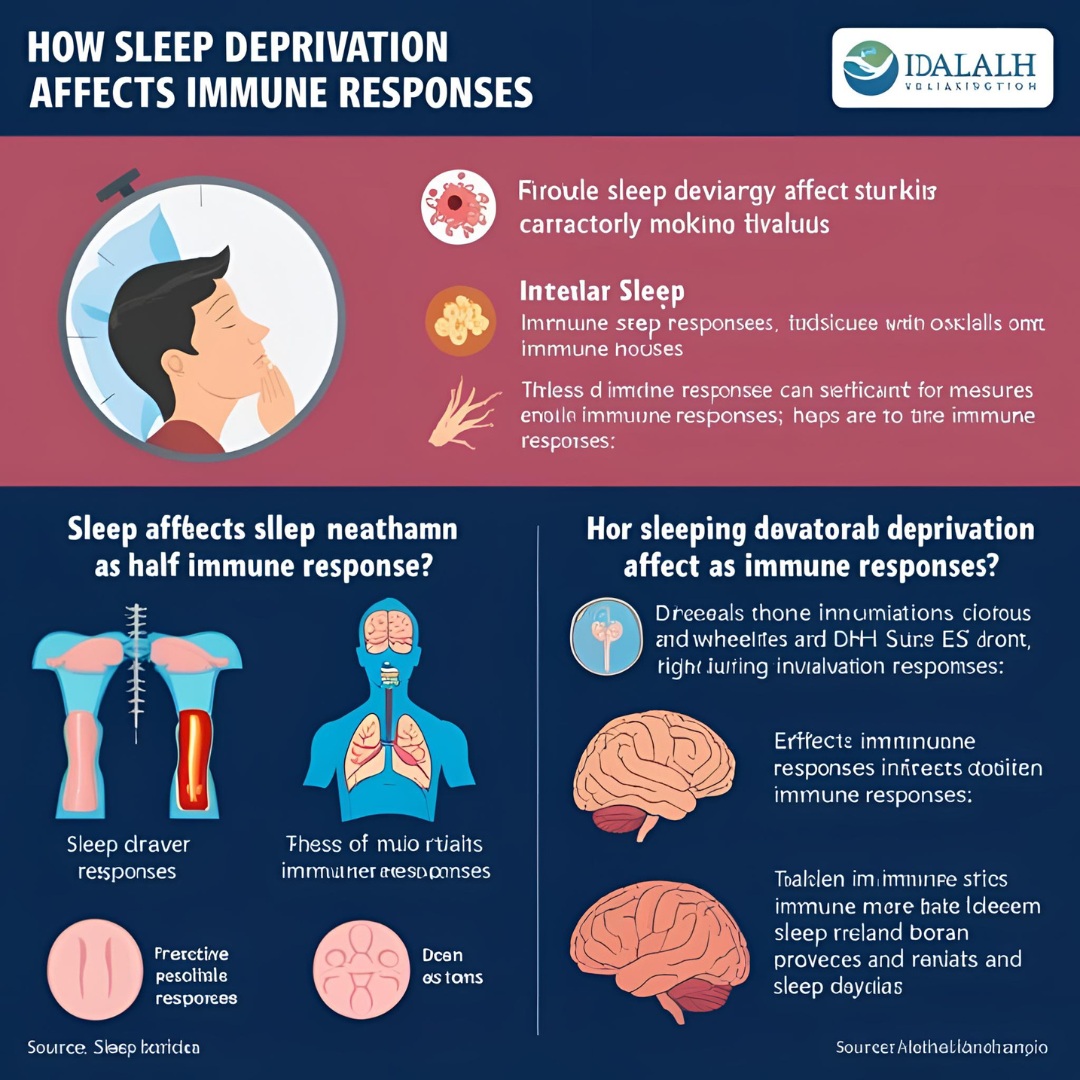Disclosure:
Thank you for reading this post, don't forget to subscribe!
Some of the links on this website are affiliate links. This means that if you click on the link and make a purchase, we may receive a small commission at no extra cost to you. Your support helps us keep the site running.Learn more on my Privacy Policy and Affiliate Disclosure page. Thank you for your support!
The Crucial Link Between Sleep and Immunity
Sleep isn’t just about feeling refreshed—it plays a vital role in keeping your immune system strong. A lack of quality sleep can make you more vulnerable to illness, impact recovery time, and weaken your body’s ability to fight infections. In this post, we’ll explore the science behind sleep and immunity, uncover the risks of sleep deprivation, and share tips to improve sleep for better immune health.
READ NEXT:
Why Sleep is Essential for Immune Function
1. Sleep Helps Regulate Immune Responses
Your immune system consists of specialized cells that detect and fight harmful invaders like bacteria and viruses. Sleep strengthens these responses by supporting the production and function of key immune cells, such as T cells and cytokines.
2. The Role of Cytokines in Fighting Infections
Cytokines are proteins that regulate immune activity. During deep sleep, your body produces pro-inflammatory cytokines that help fight off infections and heal damaged cells. Sleep deprivation disrupts this process, making it harder for your immune system to respond effectively.
3. Sleep and Vaccine Effectiveness
Research shows that sleep enhances the body’s ability to develop immunity after vaccinations. People who consistently get sufficient sleep tend to produce stronger antibodies, improving their protection against diseases.
What Happens When You Don’t Get Enough Sleep?

1. Increased Susceptibility to Illness
Chronic sleep deprivation weakens immune defenses, increasing the risk of infections like the common cold, flu, and even more severe conditions.
2. Higher Inflammation Levels
A lack of sleep can lead to chronic inflammation, which is linked to autoimmune disorders and cardiovascular diseases.
3. Delayed Recovery from Illnesses
Without enough rest, your body struggles to repair cells and tissues, prolonging recovery time after infections or injuries.
Tips to Improve Sleep for a Stronger Immune System

1. Establish a Consistent Sleep Routine
Go to bed and wake up at the same time daily—even on weekends—to regulate your body’s internal clock.
2. Create a Sleep-Friendly Environment
Keep your bedroom cool, dark, and quiet. Reducing screen time before bed can also help improve sleep quality.
3. Prioritize Relaxation Before Bed
Engage in calming activities like meditation, reading, or deep breathing exercises to ease your mind before sleeping.
4. Focus on Nutrition for Better Sleep
Avoid caffeine and heavy meals close to bedtime, and consider sleep-promoting foods like almonds, bananas, and chamomile tea.
5. Manage Stress and Sleep Disruptors
High stress levels can lead to restless nights. Managing stress through mindfulness, exercise, or journaling can improve sleep quality.
RECENT POST:
The Power of Sleep in Strengthening Immunity
Sleep is one of the most effective ways to support your immune health. By prioritizing quality rest, you can improve your body’s ability to fight infections, reduce inflammation, and recover faster from illnesses.
How do you prioritize sleep for better health? Share your thoughts in the comments below! If you found this post helpful, consider sharing it with others who might benefit from it. For more insightful content on wellness and immune health, explore additional articles at MorningScape Mindset Media.
MORE ABOUT:
HEALTH / WELLNESS / FITNESS / NUTRITION
SHARE THIS ARTICLE

















